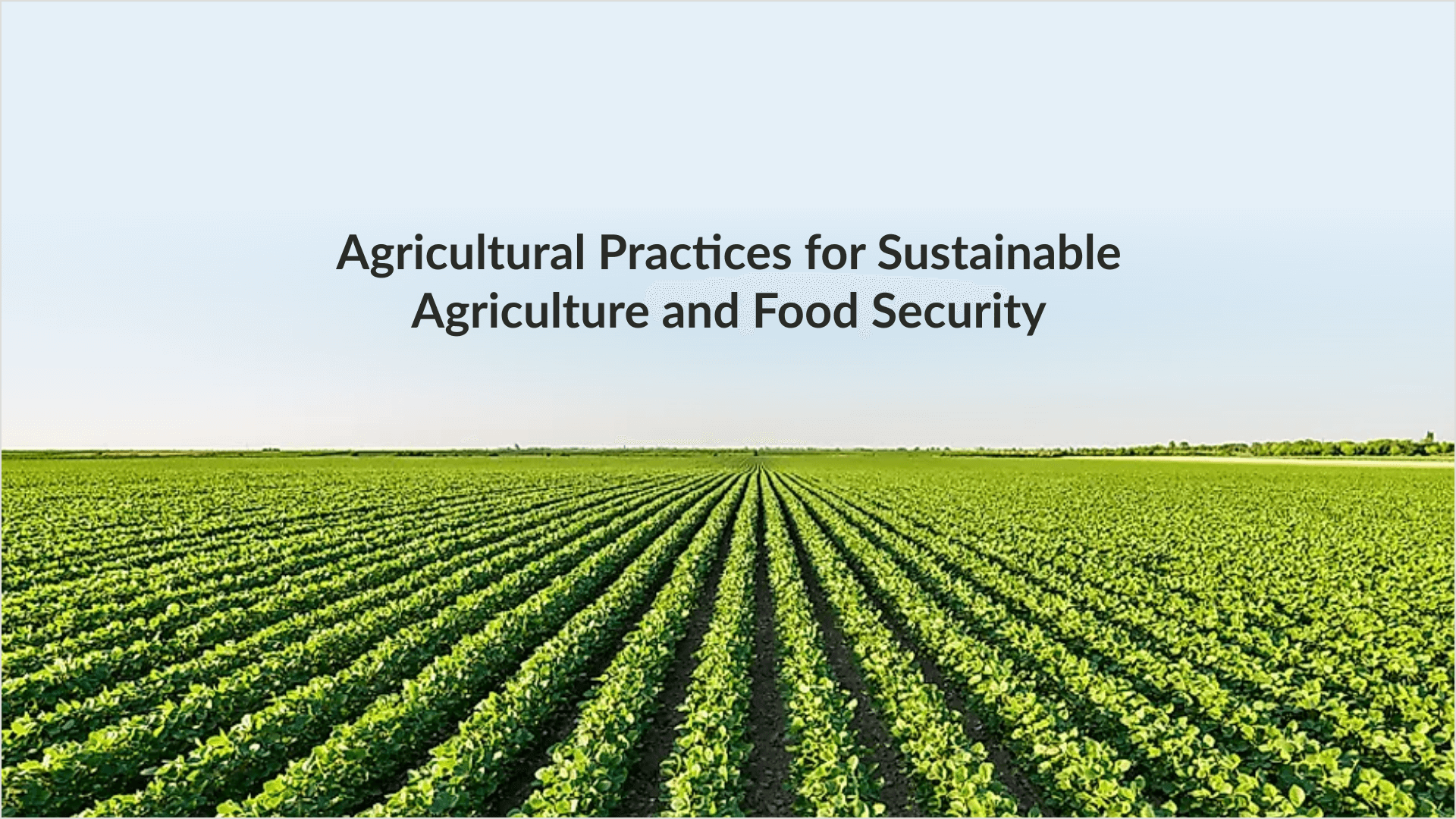Harvesting Savings: Your Ultimate Guide to Buying Agricultural Products
In today's world, the importance of sustainable living and supporting local economies has never been more apparent. One of the most impactful ways to contribute to these goals is through the intentional purchase of agricultural products. By choosing to buy directly from farmers and local markets, consumers can enjoy fresher produce while also boosting their community. This guide is designed to take you through the essential steps for navigating the world of agricultural products , allowing you to make informed choices that benefit both your health and your wallet.
Whether you are a seasoned shopper or a newcomer to the realm of agricultural goods, understanding where to find quality products and how to select the best options can enhance your experience. From organic fruits and vegetables to specialty grains and dairy, the variety available is immense. By focusing on fresh, seasonal products and supporting sustainable practices, you can not only enjoy delicious flavors but also contribute to a healthier planet. Join us as we explore the benefits, tips, and strategies for harvesting savings while purchasing agricultural products.
Understanding Agricultural Products
Agricultural products encompass a wide range of items, primarily consisting of crops and livestock raised for consumption, commerce, or use in various industries. These products include fruits, vegetables, grains, dairy, and meat. Understanding the different types of agricultural products is crucial for consumers, as it allows them to make informed decisions about their purchases and supports local farmers and sustainable practices.
The quality of agricultural products can vary significantly based on factors such as location, farming methods, and time of year. Organic produce, for example, is grown without synthetic pesticides or fertilizers, while conventionally grown items may utilize these chemicals. Additionally, knowing the seasonality of certain crops helps consumers buy fresh and flavorful products, often at a lower cost, while also promoting local agriculture.
When purchasing agricultural products, it's essential to consider not only the price but also the source and sustainability practices behind the items. Supporting local markets and farmers can lead to fresher options and contributes to the economy. By being informed about agricultural products, consumers can make choices that align with their values and health goals, ensuring they enjoy the best offerings the agricultural sector has to provide.
Strategies for Buying Smart
When purchasing agricultural products, it’s essential to know the right time to buy. Prices can vary significantly based on the season, market demand, and crop cycles. By understanding these factors, you can take advantage of sales and discounts. For instance, buying items at harvest time often results in lower prices as farmers seek to sell their excess produce. Keeping an eye on local agricultural calendars and market trends can empower you to make informed purchasing decisions.
Another effective strategy is to establish relationships with local farmers and suppliers. By fostering direct connections, you can gain access to fresher products, better pricing, and potential bulk discounts. Attending farmers’ markets or joining a community-supported agriculture program can also provide opportunities to buy directly from producers. These relationships can lead to valuable insights about the best products and upcoming sales, ultimately saving you money while supporting the local economy.
Additionally, consider planning your purchases ahead of time to avoid impulse buys. Creating a list of what you need based on your meal planning and household requirements can help you stay focused and prevent overspending. Investigating and comparing prices across different retailers, both online and in-store, ensures that you are getting the best deal. By being organized and intentional about your buying habits, you can maximize your savings while enjoying high-quality agricultural products.
Sustainability in Agricultural Purchasing
When it comes to purchasing agricultural products, sustainability plays a crucial role in ensuring a healthy ecosystem and promoting ethical farming practices. Consumers are increasingly aware of the environmental impact of their choices, and selecting products that are sustainably sourced can significantly contribute to reducing carbon footprints. This means choosing items that are grown without harmful pesticides, using organic farming methods, and supporting farms that practice crop rotation and conservation.
Another important factor is the emphasis on local sourcing. Buying from local farmers not only supports the community but also minimizes transportation emissions, which are a major contributor to climate change. Local agriculture often means fresher products that require less packaging and preservation time. Additionally, consumers can engage with farmers directly to gain insights into their sustainability practices, ensuring a more informed purchasing decision.

Lastly, certifications such as Fair Trade and USDA Organic can guide consumers towards responsible choices in agricultural products. These labels indicate that products meet specific environmental and social standards, ensuring that farmers receive fair compensation while also protecting natural resources. By prioritizing these sustainable options, consumers can play an active role in fostering a more sustainable agricultural system that benefits both the planet and future generations.